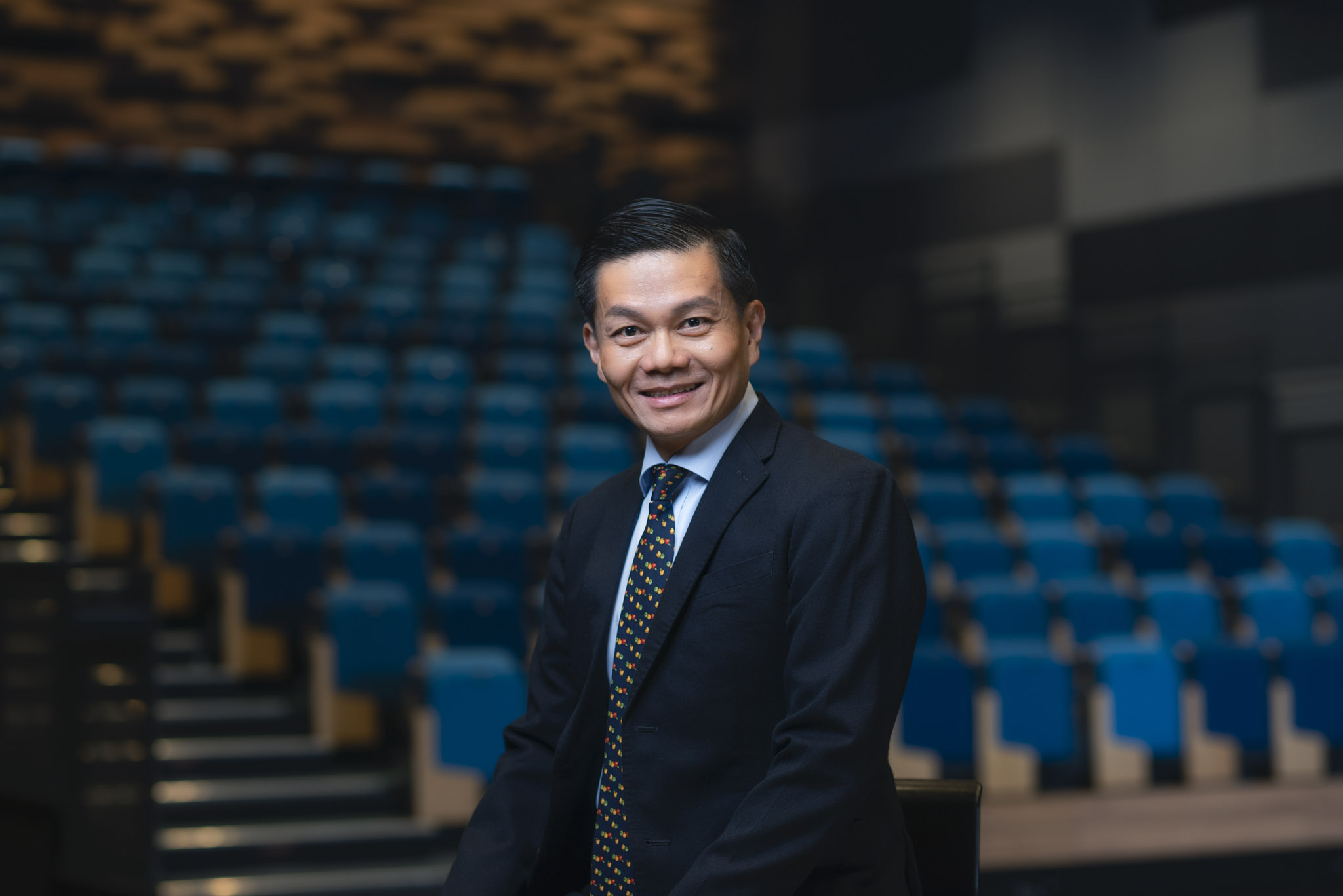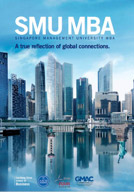
With a multitude of ways to seemingly hack your way to success, from learning how to network with A-listers online, to picking up tricks to motivate your team through an e-tutorial, it seems that every other go-getter has matriculated from the University of Google.
As such, the traditional Masters of Business Administration (MBA) programme has been under the spotlight, with application numbers fluctuating alongside digital disruptions. For instance, Washington Post reported that applications to the US MBA programmes dropped seven per cent last year – a trend that has continued for four consecutive years.
Conversely, The Economist reported that the “popular myth” of the demise of MBA programmes is just that – a myth. Global applications to MBA programmes grew by six per cent in 2016/2017. In Asia, they rose by 13 per cent.
Whatever the numbers, the consensus is clear – MBA curriculums need to be updated to keep up with digital disruption. Dr. Ang Ser Keng, Senior Lecturer of Finance at the Singapore Management University (SMU) Lee Kong Chian School of Business (LKCSB) and Academic Director of the SMU MBA shares: “Everyone is speculating about the relevance of an MBA today. I’ve been teaching this programme for 10 years, and I can say for sure the MBA is still very much alive, with the right curriculum structure and value it can bring to the table, especially for such a highly competitive and price sensitive product.”
He points out that the traditional MBA faces two main sources of competition: the growing variety of specialised Masters programmes like Masters of Finance or Communications, and the availability of online MBAs that offer flexibility in both class timings and locations.
In order to remain relevant, MBAs today must be provide more than academic value. They must be geared towards equipping candidates with current and future skills that are applicable in the real world. “In this day and age, employers expect our graduates to hit the ground running. If they are too academic, then students won’t have the necessary skillsets to thrive at work and consequently, in their careers,” he says.
One of the fundamental outcomes MBA programmes must provide today is to help students be digital-ready. This can be achieved by infusing the curriculum with topics on data science and digitisation of businesses. “We recently revamped our curriculum to make it compulsory for our MBA students to take courses where they will learn basic R, Python programming, and how to lead digital transformation. A number of elective courses in various areas of analytics are also offered in the context of marketing, finance and other areas,” says Ser Keng.
Flexibility is also crucial. Students should be allowed to choose the courses they want to take, even if it falls under other programmes such as Applied Finance or Quantitative Finance. That way, coursework can be customised to each individual’s needs and preferences.
MBA programmes must also focus on real-world issues and simulations, such as the SMU Overseas Immersion Programme (OIP) where students get to work on funded projects that have a real business or social impact.
Ser Keng explains: “Say a retailer in Singapore wants to explore doing business in Chengdu, students can do research, then go to Chengdu for some basic observation and documentation. This gives the retailer an opportunity to consider expanding into a foreign country, while students can get their hands dirty in understanding how businesses are run in Asia.”
“After all, it is important for MBA graduates to be familiar with business cultures in other countries,” he adds. For instance, it would be quite the eye-opener to visit China for a first-hand experience of how Alibaba merges digital and physical retail with Hema supermarket, and how even street vendors use cashless payment systems. “Having an understanding of how different cultures work is a good learning experience particularly for students from overseas, and up to 80 per cent of our students can be foreigners,” says the professor.
Ser Keng is a graduate of a traditional MBA programme himself, which took him 21 months to complete. He recalls: “When I went into it, people thought I was crazy. But I took out a big loan and I went. That resulted in the best investment I’ve made in my entire life.” And his biggest takeaway? Learning from his classmates of diverse backgrounds, cultures, and work experience. “Diversity is such an important part of any MBA programme, which is why the formation of the cohort is critical.”
It is also why he started the “Lifelong Learning” programme for the SMU MBA programme, where MBA alumni can come back and take one complimentary course per year for the rest of their lives.
Not only is it a way of giving students a chance to “never stop learning”, the programme also creates valuable networking opportunities for both alumni and existing students. He says: “I want our alumni to give back to the programme not necessarily through donations, but also through their time. I believe the ingredient for a long-lasting relationship is to give and take.”
Speak to our Admissions Advisors
Singapore Management University
Lee Kong Chian School of Business
Graduate Programmes Office, Level 4
50 Stamford Road, Singapore 178899
Tel: +65 6828 0882
Join us at the upcoming events
Via Gerolamo Cardano, 1, 20124 Milano MI, Italy
1 Raffles Drive, Makati Avenue, 1224, Makati City
Bayerstraße 41, 80335 München, Germany
You may also be interested in
Executive Master of Business Administration (EMBA)
